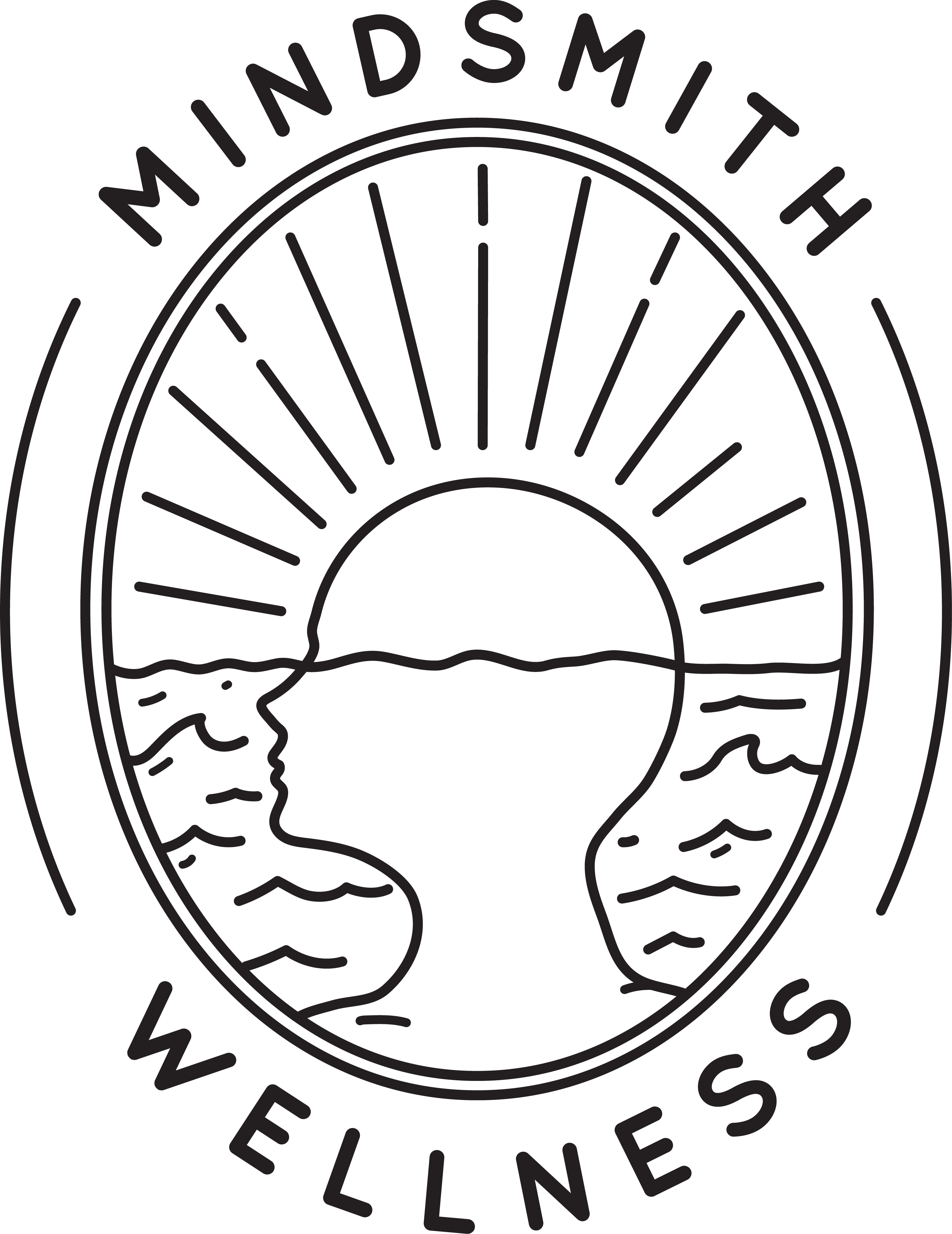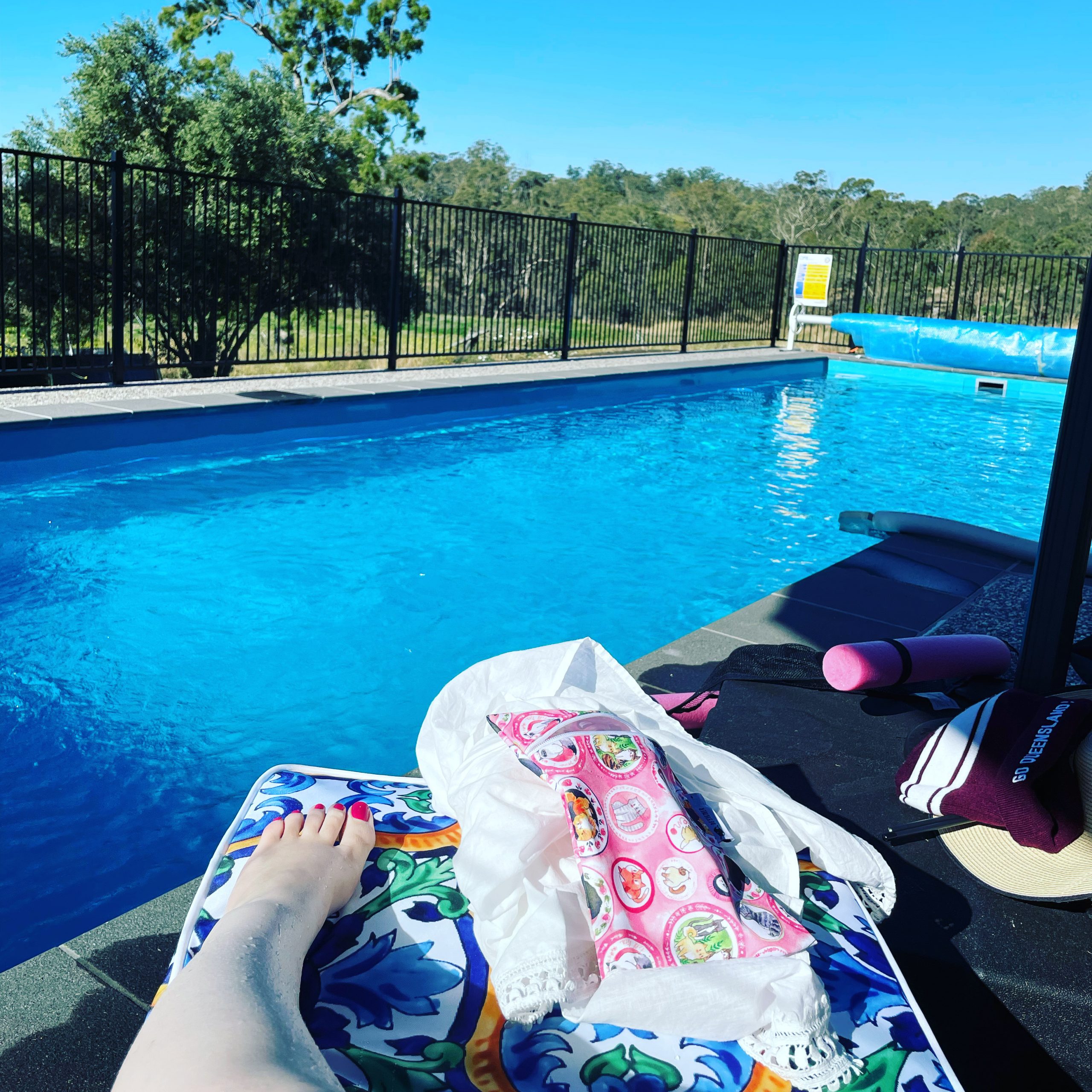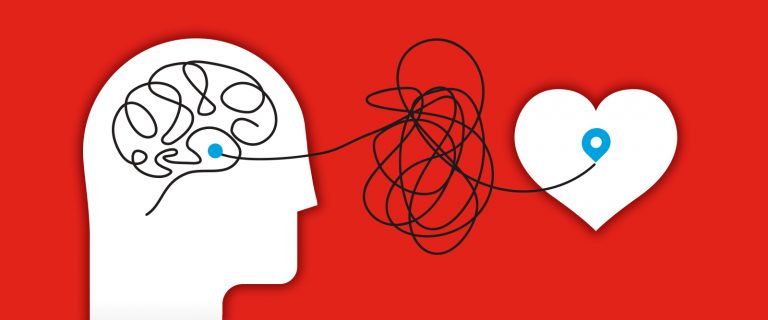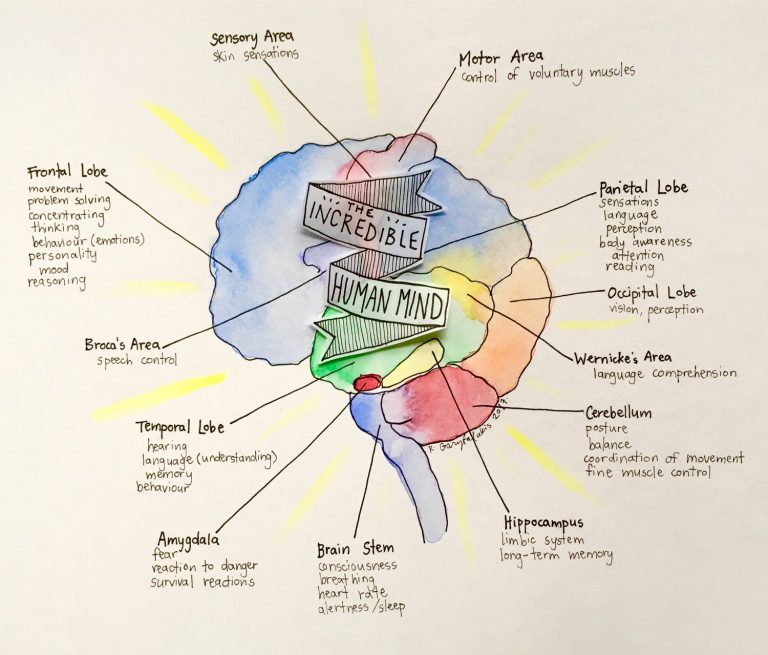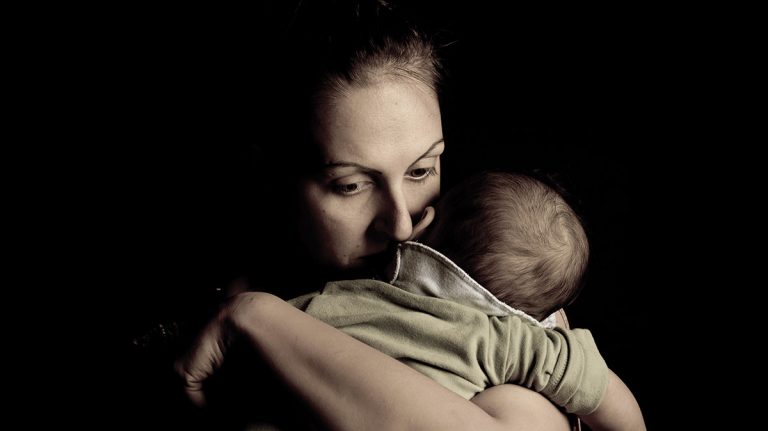I hear horror stories of abuse everyday – here’s how I cope with trauma
TRIGGER WARNING: Child sexual abuse, sexual abuse/assault
I’ve been working with people’s stories of abuse and trauma for six years, so I've been learning to cope with trauma for a while. First as an abuse lawyer looking after clients seeking compensation for child sex abuse, then as a counsellor working with sexual abuse and sexual assault. I have heard so many horror stories of abuse against children and violent sexual assaults, that I genuinely cannot recall them all. But there are some particularly awful ones that stand out and are easily brought to mind. Sure, these aren’t my personal stories of horror, but the average person also doesn’t carry around hundreds of them, so the impacts do add up.
Inevitably when I meet new people and they discover what I do for work, they always ask, “How do you cope with trauma? How do you survive knowing all of that?” And it’s a good question. Vicarious trauma, which is trauma experienced by someone exposed to the traumatic experience of others, is a serious and debilitating issue. It impacts not only registered counsellors like myself, but other mental health professionals, lawyers, doctors, journalists, veterinarians, and first responders. Really anyone that has to listen to, or see the aftermath of trauma is at risk. Current research indicates that the prevalence of vicarious trauma within the helping professions is between approximately 20-30%, with many researchers indicating they feel this underestimates the true situation (Ewer et al., 2015; Molnar et al., 2017)
So being able to avoid experiencing vicarious trauma, and to deal with it when it does arise, is vital for me to be able to continue doing this work. So here is what I tell people when they ask how I cope with trauma:
Don’t bring it home.
If you work with trauma stories or in spaces where you witness traumas, do not bring your work home. I try to keep a strong separation between my work and my personal life. If I must work at home, I have a designated space and I do not take work out of that space into the rest of my house. I have no choice but to carry the stories of trauma in my head, but I don’t want them to taint the sanctuary that is my home.
Hunt for beauty and positive stories.
I realise that having such a focus on the horrors of what people do to each other can really shift your perspective on people, and make you feel that these awful traumas are very commonplace. In reality, they are the exception rather than the rule. So I find it really important to remind myself that these things are fairly rare and that the world is a beautiful place with beautiful people in it. If I stop believing that people are generally good, I will really struggle. So, I look for beauty in everything: a pretty flower, the sound of waves, a hot cup of tea, a smile from a stranger.

I actively look and I purposely spend time luxuriating in those little beautiful things.
Self-care!
I know this comes up all the time and self-care has become a buzz word for lots of things. But true self-care is a really important part of my coping strategy. What is self-care is very individual, but I think it is anything that you can do regularly that makes you feel good physically, mentally, and spiritually, and that is not detrimental long-term. For me it is reading a book (not work related), getting my nails done, spending time with my family, doing something mindful and moving my body. It can also mean prioritising this over other things that ‘need’ doing, like cleaning the house! Also, self-care is the opposite of selfish. Everyone in my life benefits when I look after myself.

I remind myself of why I do what I do.
One of the therapies I use is Acceptance and Commitment Therapy. Part of this therapy is looking at your values and what matters to you. For me, I realised that part of my purpose in doing what I do is to make the world safer for my daughter. Women and girls are overwhelmingly more likely to experience sexual abuse or assault. But I know that I can’t follow her around her whole life making sure she is safe. So, I feel like what I do in helping people heal, tell their stories, seek justice, etc. all contributes to a world where sexual abuse and assault is not tolerated. This is a world that is safer for my daughter. I feel like every client is a little building block towards the world that I want for her. With my purpose in mind, whenever things get tough, I can remind myself that what I do is important, and how it fits in with my personal values and purpose.
So, whether you work with trauma, or have experienced vicarious trauma through your work or personal life, I cannot stress enough the importance of setting up strong strategies to care for yourself mentally. No one is immune to the impacts of dealing with trauma, and struggling with it is not a sign of weakness but a sign that you are human and have empathy (both of which are good things!) Learning to cope with trauma in your work is an ongoing battle. And know that if it ever feels like you are carrying too much, you can always seek professional help and get back to being yourself.
References:
Ewer, P. L., Teesson, M., Sannivale, C., Roche, A., & Mills, K. L. (2015). The prevalence and correlates of secondary trauma stress among alcohol and other drug workers in Australia. Drug and Alcohol Review, 34(3) 252-8, https://pubmed.ncbi.nlm.nih.gov/25355060/ https://doi.org/10.1111/dar.12204
Molnar, B. E., Killian, K. D., Emery, V., Sprang, G., Gottfried, R., Bride, B. E., (2017). Advancing science and practice for vicarious traumatization/secondary traumatic stress: A research agenda. American Psychological Association, 23(2), 129-142. http://dx.doi.org.10.1037/trm0000122
- New Parents and Mental Health - 10 October 2022
- Trauma Informed Practice: What is it and how do we do it - 28 July 2022
- Interoception – How trauma impacts our sixth sense - 15 July 2022
